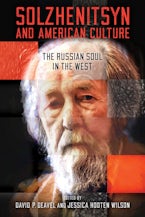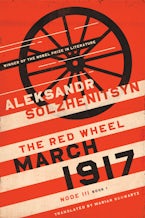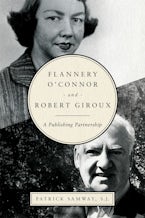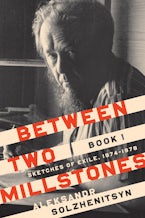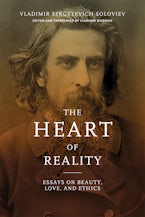These essays will interest readers familiar with the work of Nobel Prize–winner Aleksandr Solzhenitsyn and are a great starting point for those eager for an introduction to the great Russian’s work.
When people think of Russia today, they tend to gravitate toward images of Soviet domination or, more recently, Vladimir Putin’s war against Ukraine. The reality, however, is that, despite Russia’s political failures, its rich history of culture, religion, and philosophical reflection—even during the darkest days of the Gulag—have been a deposit of wisdom for American artists, religious thinkers, and political philosophers probing what it means to be human in America. Aleksandr Solzhenitsyn stands out as the key figure in this conversation, as both a Russian literary giant and an exile from Russia living in America for two decades. This anthology reconsiders Solzhenitsyn’s work from a variety of perspectives—his faith, his politics, and the influences and context of his literature—to provide a prophetic vision for our current national confusion over universal ideals.
In Solzhenitsyn and American Culture: The Russian Soul in the West, David P. Deavel and Jessica Hooten Wilson have collected essays from the foremost scholars and thinkers of comparative studies who have been tracking what Americans have borrowed and learned from Solzhenitsyn and his fellow Russians. The book offers a consideration of what we have in common—the truth, goodness, and beauty America has drawn from Russian culture and from masters such as Solzhenitsyn—and will suggest to readers what we can still learn and what we must preserve. The last section expands the book's theme and reach by examining the impact of other notable Russian authors, including Pushkin, Dostoevsky, and Gogol.
Contributors: David P. Deavel, Jessica Hooten Wilson, Nathan Nielson, Eugene Vodolazkin, David Walsh, Matthew Lee Miller, Ralph C. Wood, Gary Saul Morson, Edward E. Ericson, Jr., Micah Mattix, Joseph Pearce, James F. Pontuso, Daniel J. Mahoney, William Jason Wallace, Lee Trepanier, Peter Leithart, Dale Peterson, Julianna Leachman, Walter G. Moss, and Jacob Howland.
